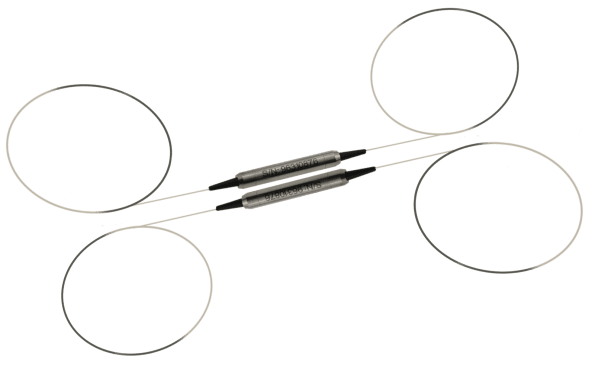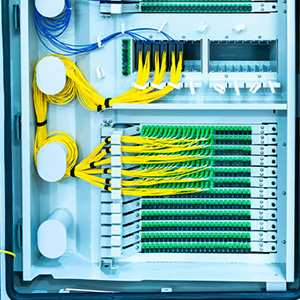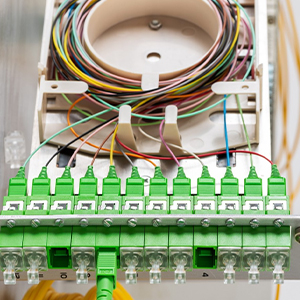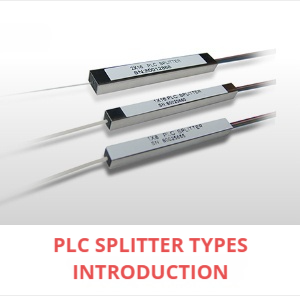In the intricate world of optical communication, maintaining the integrity and quality of signal transmission is of utmost importance. Among the various components that contribute to this, Polarization-Maintaining (PM) Isolators play a crucial role. These devices are designed to protect optical signals from unwanted feedback and interference, ensuring smooth and efficient operation of optical networks. But what exactly are PM Isolators, and why are they so vital?
What Are PM Isolators?
PM Isolators are optical devices that allow light to pass through in one direction while blocking it in the opposite direction. This one-way transmission is essential for preventing back reflections and unwanted feedback that can disrupt the performance of optical systems. The term “polarization-maintaining” indicates that these isolators preserve the polarization state of the light, which is crucial for maintaining signal integrity in many advanced optical applications.
How Do PM Isolators Work?
The operation of PM Isolators is based on the Faraday Effect, where the polarization plane of light is rotated under the influence of a magnetic field. A typical PM Isolator consists of a Faraday rotator sandwiched between two polarizers. When light enters the device, the Faraday rotator changes the polarization state of the light, allowing it to pass through the second polarizer. If light tries to travel in the reverse direction, the Faraday rotator and the polarizers work together to block it, effectively isolating the backward light.
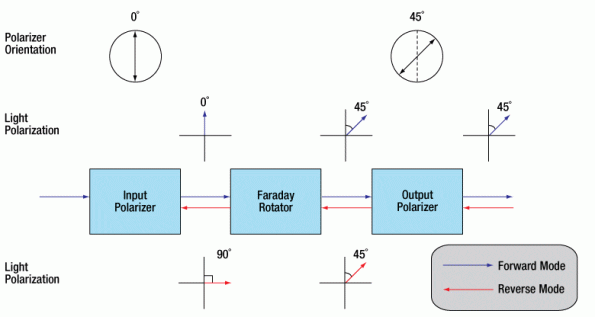
Applications of PM Isolators
- Optical Fiber Communication: In long-distance fiber optic communication systems, PM Isolators are used to prevent feedback into the laser source, which can cause noise and instability. By blocking reflections, they ensure that the signal remains clean and stable.
- Optical Amplifiers: PM Isolators are critical in the operation of optical amplifiers, such as erbium-doped fiber amplifiers (EDFAs). They protect the amplifiers from backward reflections, which can degrade the performance and efficiency of the amplification process.
- Laser Systems: In various laser applications, including medical devices, manufacturing, and research, PM Isolators help in maintaining the quality and stability of the laser beam by preventing feedback into the laser cavity.
- Quantum Computing and Sensing: As with other PM components, PM Isolators are becoming increasingly important in quantum technologies, where maintaining the polarization state and preventing interference are crucial for accurate data processing and measurement.
Advantages of PM Isolators
- High Isolation: PM Isolators offer excellent isolation, which minimizes the risk of back reflections and feedback, ensuring stable and reliable operation of optical systems.
- Low Insertion Loss: These devices are designed to have minimal insertion loss, preserving the strength and quality of the transmitted signal.
- Polarization Maintenance: The ability to maintain the polarization state of light makes PM Isolators indispensable in advanced optical applications where polarization control is critical.
Conclusion
As optical communication networks continue to advance, the need for high-performance components like PM Isolators will grow. Their ability to block unwanted feedback, maintain polarization, and minimize signal loss makes them essential in ensuring the efficiency and reliability of optical systems. Whether in telecommunications, laser technology, or quantum computing, PM Isolators are set to remain a fundamental part of the optical landscape.
Understanding and appreciating the role of PM Isolators can provide deeper insights into the complexities of optical networks and the technologies that drive our connected world. As we continue to push the boundaries of what is possible in optical communications, the importance of these small yet powerful devices will only increase.

